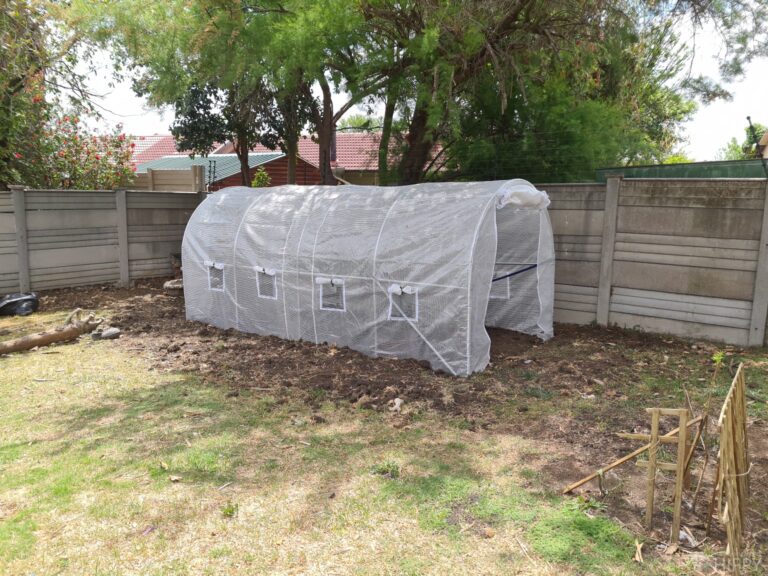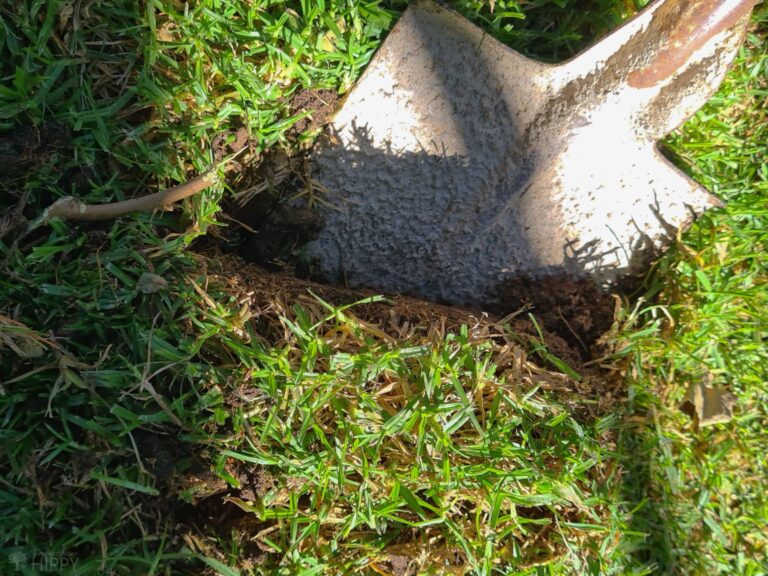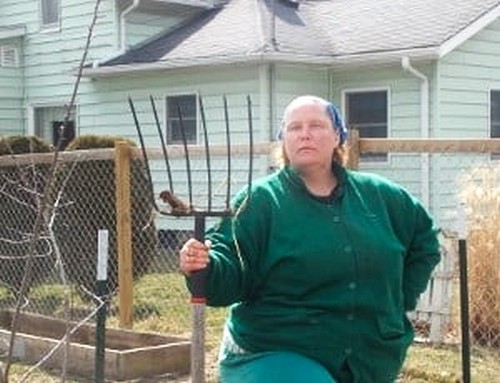Are you wanting to get the most of out of your garden this year? Here’s some advice that will give you all the gardening tips and tricks for beginners that the experts wish THEY had in the beginning!
A big part of homesteading, no matter where you live, is growing your own food. Whether you grow it in containers, in raised beds, or in a tilled ground area, there’s nothing quite like the taste of a fresh tomato, or juicy cucumber still warm from the sun.

However, there is always a learning curve with everything. Including gardening. The first year we set out to plant our small garden, we put in over 200 seeds in a 16 square foot bed. When we got 10 green beans, I counted that as a failure, when in hindsight, that was actually a success due to the overcrowding.
Have you ever had issues with your garden not producing? What about loss of vegetables that once seemed to be thriving? How do you deal with different pests without harsh chemicals?
Yes, different types of vegetables may not be so easy to grow without knowing more about the soil they need, the type of sun, or how to care for young plants. Take heart, friends. There is HOPE. Hope that you CAN grow vegetables and get a great harvest from any size garden.
What do the gardening experts say? Let’s look at some of the best vegetable gardening tips from the most experienced gardeners among us!
-From Practical Self Reliance-
Learn to love the zone you’re in, regardless of where you live. I grew up gardening with my grandmother in the Mojave desert in zone 9/10. Now I live in zone 3/4 in Vermont. While I cant grow figs and lemons in my front yard anymore, I’m learning about rhubarb, honeyberries and all manner of cold climate edibles that I’d never even heard of! Each zone has its own unique gifts, all you have to do is find them.
-From The Homestead Garden-
Be organized, write good notes about your garden year, and be thorough with your planning. This keeps things from getting overwhelming. Being organized and planning things carefully also helps keep you in your budget.
Get ahead of the weeds by mulching early on (grass clippings work great!). You’ll thank yourself later!
My tip is don’t forget to mulch! So many new gardeners leave tons of bare soil exposed, which is a haven for weeds. Than they battle the weeds, which is WORK! And gardening is no longer fun! It doesn’t have to be that way! Mulch your walkways, and your veggies and don’t leave any bare soil exposed!

My best tip is to find a local gardener who can mentor you in the gardening journey! Best thing I ever did for my gardening skills!
Grow for your zone and study the sun’s movement over your garden before planting. Know what area the sun hits first and how many hours of sun each part of your garden gets. Nothing worse than plants that fail to thrive because they get too much shade.
-From Boots And Hooves Homestead-
Always start small. Don’t allow yourself to get overwhelmed on the beginning. Add a little at a time.
Don’t overcrowd, but do use a small space wisely by planting tall veggies with shorter ones. Like tall spindly okra in the spaces between low growing bush beans, peppers, basil, etc.
-From Hidden Springs Homestead-
Have your soil tested first thing. Too many new gardeners give up to early thinking they can’t grow a garden when the real problem is something off in their soil.
-From Healing Harvest Homestead-
Amend your soil like a crazy person! I come from a high altitude gardening area in zone 8 that acts more like zone 6 with hard, rocky soil and a very short growing season. It took four years of mulching, adding worms, adding poop soup–and finally when our soil became dark and rich, we always had great yields!
-From The Reid Homestead-Only grow what you & your family love to eat! If your reward for all the work is a harvest that goes to waste because your family won’t eat it you will never garden again. Start small with just a raised bed or two and grow your garden as your experience grows. It is easy to get overwhelmed in the beginning, but don’t give up! I have been gardening for 20 years, and my first year pretty much everything died. I kept at it and every year my garden gets bigger and better. I am so glad I didn’t give up!
Keep a garden journal. You will make a lot of mistakes along the way and a garden journal will help you keep track of them so you don’t repeat the same ones next year!
-From We’ll Eat You Up We Love You So-
The key to gardening success is lasagna gardening. We pile up layers of lots and lots of organic matter (newspapers, leaves, straw, compost) and plant into it.
Talk to local gardeners who are growing what you want to grow. You’ll get good ideas of when and what to plant. In most Zone 9 climates your growing season is going to be from October through June. July, August, and September will be your “break” because it’s too hot to grow anything but okra, peppers, and basil.
-From Stone Family Farmstead-
Make sure to hook up a drip system to all of your gardens, in ground, or container. It’s so easy to forget to water and it makes all the difference in the world to how they grow!
-From Gardening Limited-
I’ve learned mainly from trial and error. Start with a favorite plant that can grow well in your area. I live in an urban area, so all my plants are grown in containers. You will need to water plants in containers more frequently than ones grown in the ground.
Have fun learning about what can grow well in your area and don’t get discouraged when you try something that doesn’t work. Use every trial and error moment as a way to grow and learn as a gardener, no matter where you are.
Grow what you eat and eat what you grow! have a plan and a purpose for your garden! The best garden is one that is full of the foods and plants you enjoy growing, using and eating. Having a plan and purpose for your garden will help you be successful!
What are some of your favorite gardening tips on this list? Did any inspire you to get your garden going even stronger this year? Be sure to pin this for later, AND check out all the sites listed here for more great gardening and homesteading ideas!

Heather’s homesteading journey started in 2006, with baby steps: first, she got a few raised beds, some chickens, and rabbits. Over the years, she amassed a wealth of homesteading knowledge, knowledge that you can find in the articles of this blog.
Learn more about Heather and the rest of the writers on this page.
